The Association of People with Albinism in Burundi (ASF) urges the Burundian government to adopt specific laws to protect individuals with albinism and ensure their participation in decision-making processes. Anicet Bangirinama, the legal representative of ASF, has called for legal reforms to guarantee that people with albinism can enjoy the same rights as other citizens.
Bangirinama highlighted the severe hardships faced by albino individuals, starting with rejection by their families and ongoing discrimination in society. “In families, parents reject them, and some have lived in difficult conditions for more than ten years. Even when they grow up, they are still mistreated. In society, they cannot attend school, and those who try to go are mistreated by teachers,” local media quoted Bangirinama as saying.
The challenges extend beyond education, with many albino individuals unable to access employment or essential resources. “We have no work, no access to resources, and no one is helping us improve our situation. Their lives are a constant struggle. Human rights are never discussed in this context, and the situation is becoming increasingly critical. We do not have security, as many Burundians resort to violent behavior,” added Bangirinama.
He further stressed the urgent need for government action, particularly in regard to health. “It is crucial for the government to adopt laws that protect albinos, especially concerning their health. Programs should be implemented to treat eye diseases and other health issues. It is also necessary to take measures that allow us to live freely, with the same rights as everyone else,” Bangirinama urged.
Albinism is a genetic condition characterized by a lack of melanin, which results in pale skin, hair, and eyes. In Burundi, as in many parts of sub-Saharan Africa, people with albinism face significant challenges due to widespread social stigma, discrimination, and even violent attacks. A troubling aspect of this discrimination stems from superstitions that falsely associate the body parts of albino individuals with magical powers. Some people believe that these body parts bring wealth or luck, leading to kidnappings, mutilations, and even killings of albino individuals.
Despite legal protections in place, people with albinism in Burundi remain vulnerable and continue to face extreme difficulties. The ASF’s call to action highlights the ongoing human rights violations and urges the government to adopt necessary laws and programs to ensure the safety, dignity, and well-being of the albino community in Burundi.

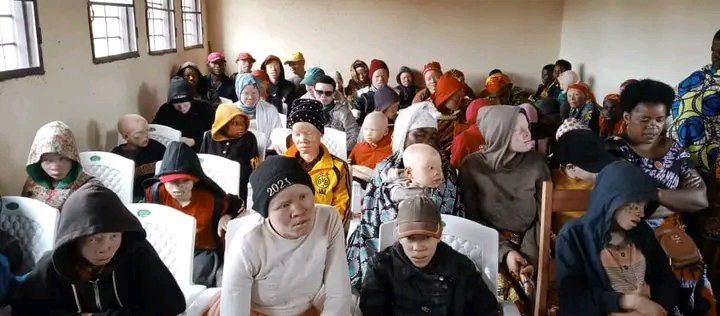


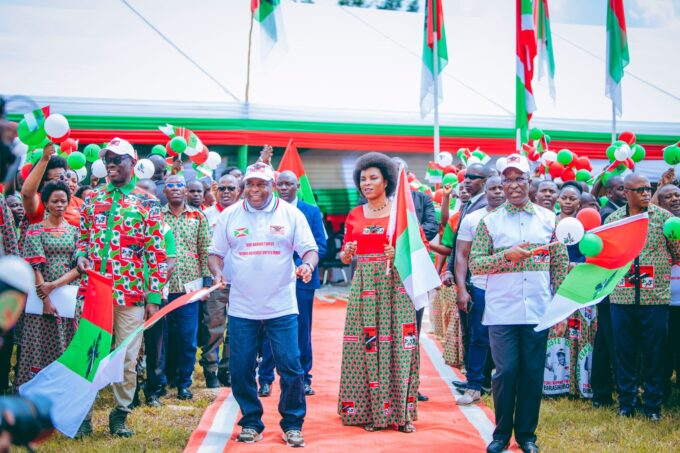
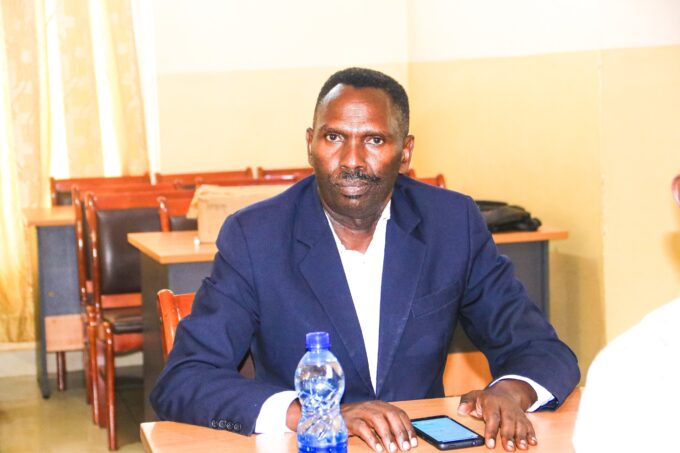
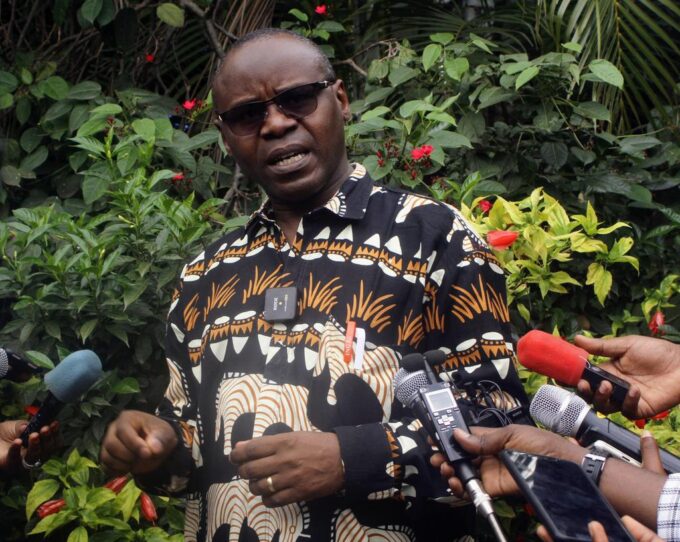
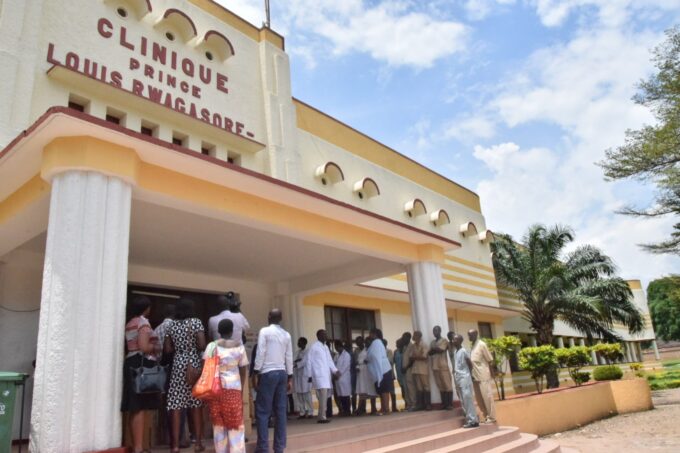
Leave a comment